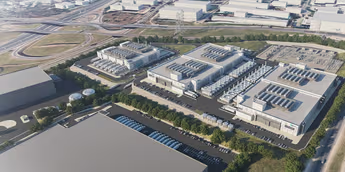“Party Structures, Societal Beliefs Too Rigid for Us” – Why Women Still Struggle in Nigerian Politics

By Erewunmi Peace
Despite decades of advocacy for gender equality and inclusion, women’s participation in Nigerian politics remains disturbingly low. Stakeholders across the country have pointed to deeply entrenched party structures and rigid societal beliefs as the core reasons many women are still excluded from meaningful political leadership.
Speaking at a recent policy forum on gender inclusion, several female politicians and civic leaders lamented the persistent barriers that discourage women from seeking or winning elective positions.
“It’s not that women are uninterested or incapable,” said a former House of Assembly aspirant in Lagos. “The system is simply not designed to accommodate us. From the party primaries to public perception, everything feels like a wall built against female ambition.”
Party Structures: A Gatekeeping Mechanism
Political parties in Nigeria remain dominated by male power brokers who often marginalize women during candidate selection. Many women are pressured to step down or are sidelined with symbolic roles rather than meaningful positions of influence.
Even in instances where parties waive nomination fees for women, there is often little to no institutional support. Funding and internal backing usually tilt in favor of male candidates, reinforcing a system of political exclusion.
“When women are told to ‘wait for their turn’ or only considered as ‘women leaders,’ it shows that party leadership lacks genuine interest in gender equity,” said Grace Obioma, a public policy analyst.
Societal Beliefs: Culture as a Barrier
Beyond party politics, Nigerian society continues to be shaped by patriarchal values that discourage women from public leadership. In many communities, leadership is still seen as the preserve of men, while women are expected to remain in domestic or supportive roles.
Cultural and religious sentiments further reinforce these biases, particularly in northern Nigeria, where female political participation is often frowned upon. Additionally, stereotypes about women in politics being “too ambitious” or “immoral” continue to thrive, discouraging many capable women from even attempting to run.
Financial and Safety Challenges
The cost of running for office in Nigeria is another major hurdle. From campaign logistics to delegate lobbying, the financial demands are overwhelming—especially for women who have less access to political networks or funding sources.
There is also the threat of violence, harassment, and intimidation. Many women who dare to contest report facing threats, verbal abuse, and in some cases, physical attacks.
The Numbers Tell the Story
As of 2025, women hold less than 5% of elected positions in Nigeria’s National Assembly. The country currently has no female state governors and has never elected a woman as President or Vice President.
This places Nigeria at the bottom globally in terms of female political representation—even below the sub-Saharan African average of 26%.




























































































































































































































































































































































































































































































































































































































































































































































































































































































































































































































































































































































































































































































































































